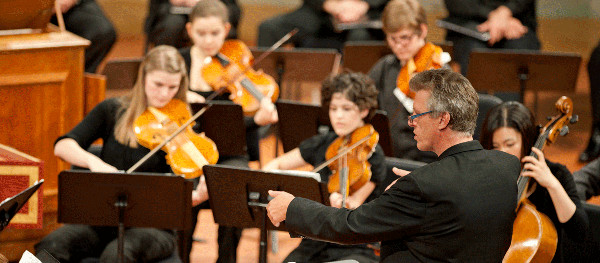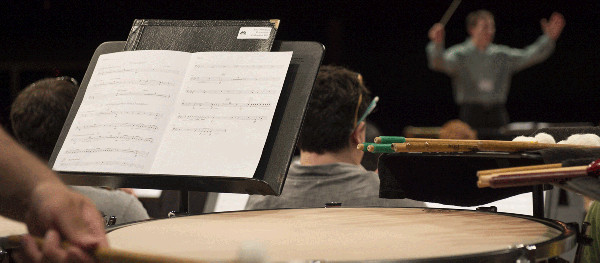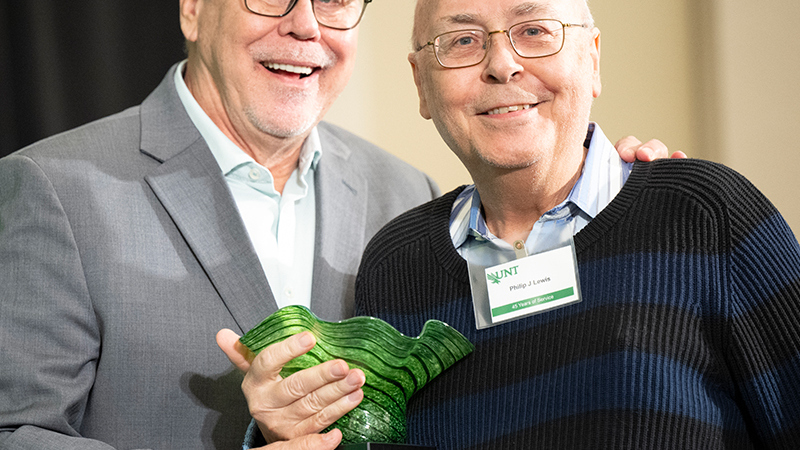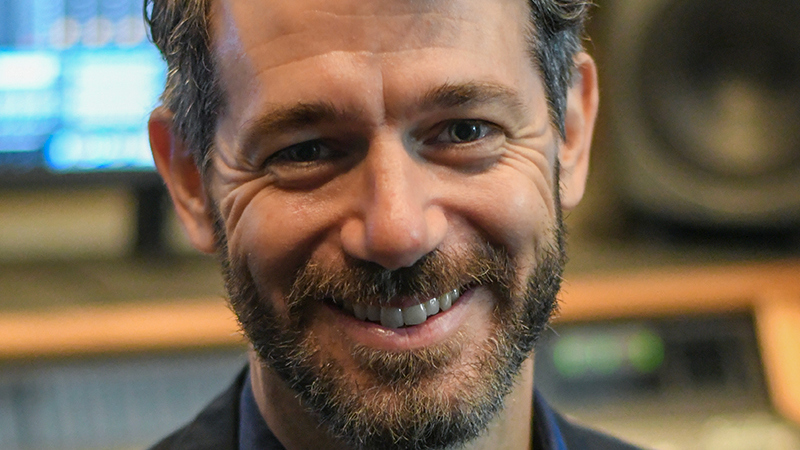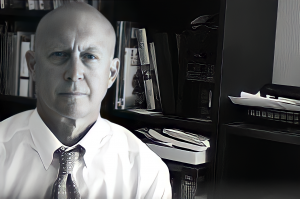From 1970 to 1975, Schwarz attended the University of Virginia where he studied English and American literature, graduating in 1975 with a B.A. in English. While at Virginia he commuted home to Richmond on the weekends where he took private violin lessons from Frederick Neumann. From 1975 to 1977, he attended Indiana University where he studied Comparative Literature, graduating with an M. A. in 1980; he wrote his master's thesis on the relationship between René Char's poetry and the music of Pierre Boulez in Le Marteau sans maître.
Schwarz lived in Hamburg, Germany from 1979 to 1981 studying Musikwissenschaft at the Universität Hamburg from which he received his Zeugnis – Deutsch als Fremdsprache in 1980. From 1981 to 1987, he attended the University of Texas at Austin where he received the Ph.D. in Music Theory in 1987. His dissertation, "Structuralism, Poststructuralism, and a Classic Musical Text: A New Look at Chopin's Preludes Opus 28" applies cross-referential codes based on the semiotics of Roland Barthes to selected Chopin Preludes.
Schwarz attended New York University from 1999 to 2001 where he received his MPS degree in Interactive Telecommunications in 2001. For his master's project he built and programmed an electronic instrument "cello."
David Schwarz has taught at the College of Music since 2002. His writing theorizes listening as an experience of crossing thresholds among musical works, music theory, psychoanalysis, and this historical contexts of music's composers, audiences, and us—its listeners. In his first book Listening Subjects: Music, Psychoanalysis, Culture (published by Duke University Press in 1997), he examined classical musical texts by John Adams (Nixon in China) and Franz Schubert ("Ihr Bild" and "Der Doppelgänger"). In the Adams chapter, he connects the musical language of new minimalism with theories of the sonorous envelope after Didier Anzieu and Jacques Lacan; In the Schubert chapter, he connects a Schenkerian account of the pitch-structure of these Lieder with Lacan's theory of the gaze. In Listening Subjects, he analyzes two versions of the popular song "Intruder" (first the Peter Gabriel version, then the cover by Primus), connecting the work to Slavoj Žižek's notion of the Lacanian gaze. He then discusses the musical syntax and ideological contexts of German Oi-Musik (Death Metal) from the perspective of explicit and implicit structures of oppression. He concludes with a study of the performance art of Diamanda Galas and its roots in the Greek tradition of mourning.
In his second book Listening Awry: Music and Alterity in German Culture (published by the University of Minnesota Press, 2006), he focuses his musical-theoretical and psychoanalytic methodology on classical and popular musical texts in the German tradition. The book opens with a history of the conductor based on a year of reading each issue of Die Allgemeine Musikalische Zeitung in its entirety from the inception of the journal in 1798 to 1820. He discusses the gradual transformation of the concertmaster to podium-occupying conductor as a manifestation of the modern Lacanian subject. He relates the pitch structure of Schubert's "Die Stadt" to the sublime after Kant, and he compares the representation of women in Wagner's Parsifal with Hans Jürgen Syberberg's film. Schwarz accounts for the birth of psychoanalysis in the 19th-Century discourse of hysteria in French theory to the representation of trauma in Webern's Opus 6 no. 4. And he analyzes musical compositions and compilations of music during the Third Reich.
In his third book An Introduction to Electronic Art through the Teachings of Jacques Lacan: Strangest Thing, (published by Routledge Publishers in 2014) Schwarz understands a wide variety of digital multi-media works of art from the point of view of Lacanian psychoanalysis, focusing on the sonorous envelope, the acoustic and visual mirror stages, the gaze, and ideological interpellation.
He is currently writing a book to be titled Closing the Gap: Neurology, Music, Psychoanalysis, in which he examines classical and popular works using musical-theoretical tools (Schenkerian voice-leading and atonal pitch-class set theory) and Freudian/Lacanian psychoanalysis; then, in a new discursive gesture, he subjects these findings to the most recent research in neurology. In addition to the edition Keeping Score: Music, Disciplinarity, Culture (published by the University Press of Virginia in 1997), he is co-editor with Richard Cohn of David Lewin's Morgengruß: Text, Context, Commentary (published by Oxford University Press in 2015). This book received a citation of special merit from the Society for Music Theory in 2016. At UNT he has developed online and hybrid courses that enable students to enroll in his classes from anywhere in the world with a connection to the internet. He has developed an upper-level undergraduate course in videogames which explores the psychological, literary, musical, and arthistorical dimensions of games and the gaming experience. He has taught Analytical Techniques II and III, all four semesters of undergraduate theory, 16th- and 18th-Century Counterpoint, as well as doctoral seminars in Music and Semiotics, Music and Phenomenology, and Music and Psychoanalysis.
For more information on Schwarz's life and work, please visit http://www.davidbardschwarz.com/.
